Over the last ten years or so, there has been a marked increase in discussions about how Growth Hormone (GH) impacts muscle growth, boosts the metabolism and facilitates the burning of excess body fat. Growth hormone is a protein-based peptide hormone that is made up of 191 different amino acids.
It is synthesized and secreted by cells called somatotrophs that are located in the anterior part of the pituitary gland. Looking back at man’s development over the last few thousand years, it seems that GH developed as a means to maintain growth and lean body mass during those times when access to food was scarce.
As an anabolic agent GH functions similar to testosterone, stimulating muscle growth, enhancing recovery and increasing utilization of body fat as fuel. However, there are a number of different theories as to exactly how GH works its magic in the body.
Two in particular are among the most common theories discussed.
The first theory—referred to as the somatomedin hypothesis ¬—states that once the pituitary gland releases GH, it then travels to the liver and other tissues where it stimulates the synthesis and release of insulin-like growth factors (IGFs). This hypothesis makes the supposition that the IGFs then function to stimulate the endocrine system, therefore facilitating the outcomes associated with growth hormone.
The second common hypothesis is known as the Dual Effector theory , which states that GH itself has anabolic effects on body tissues and does so without the assistance of IGFs.
Although there are different thoughts regarding how GH actually impacts the body’s metabolism there are certain things that we do know for certain. First, production of GH is at its peak when we are younger. As our bodies age natural production of GH begins to decline. We also know that we have the ability to influence our bodies’ production of GH.
Various factors that impact the body’s production of GH include overall health, diet, activity level, weight training, sleep patterns, consumption of alcohol, prescription drugs and the use of illicit drugs.
Of these, training with weights—in particular, training with heavy weights—has among the most profound effects on GH production.
Muscles get bigger and stronger in response to the stress of lifting weights. The growth is the body’s attempt to prepare itself for the next time it is faced with the same stress (lifting weights) so that when it encounters the same situation again, it is less stressful on the body.
Muscle growth is essentially an ongoing process of stress and recovery. Over time, as you continually lift heavier weights, the body continues to adapt to the additional demand being placed on it, by growing more muscle. With this understanding, it only makes sense that the greater the stress (lifting weights) the greater the body’s response action.
Training with light weights invokes minimal stress on the body and consequently, requires little or no recovery response because to the body, this is a ‘no big deal’ situation that it is prepared to handle. With light weights, the body has no reason to add more muscle because the muscle you currently have can handle the demand.
But introduce heavy weights into the scene and suddenly, the body’s reaction is totally different. Lifting heavy weights puts the body’s systems on high alert, evoking a strong hormonal response. And herein is what drives the pituitary gland to produce more growth hormone. The key to maximizing the hormonal response is to lift heavy weights utilizing compound movements that simultaneously recruit multiple muscle groups.
Isolation exercises (and exercises performed on machines) do not provoke the same strong hormonal response. Good GH-inducing movements would include the deadlift, the benchpress and the squat. These are commonly referred to as the ‘big 3’ of bodybuilding and for a good reason. Each is a compound movement that involves multiple, large muscle groups. As such, these exercises—when performed with low reps and heavy weights—push the body to increase its production of growth hormone to enhance muscle growth and recovery.
The capacity of heavy weight lifting to drive hormonal responses has been documented by researchers . For example, in a 2008 study, researchers regularly measured hormonal levels in the blood of an elite, record-holding male weight lifter over a period of several weeks. They found that his serum hormone levels spiked considerably as his training peaked. So if you’re interested in boosting your natural production of growth hormone, you need to pick up some heavy weights and get moving. Check out the video below to see some serious weights being lifted!
References:
Daughaday WH., Hall K., Raben MS., et al: Somatomedin: A proposed designation for the “sulfation factor”Nature235:107, 1972
Green H., Morikawa M., Nixon T. A dual effector theory of growth hormone action.Differentiation29:195, 1985
Hormonal responses in heavy training and recovery periods in an elite male weightlifter. Journal of Sports Science and Medicine (2008) 7, 560-000




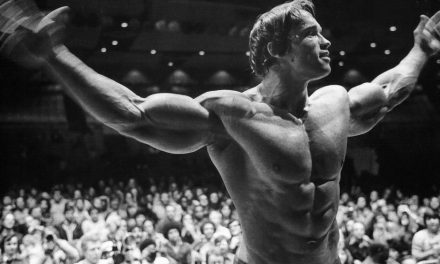






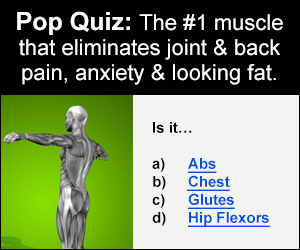

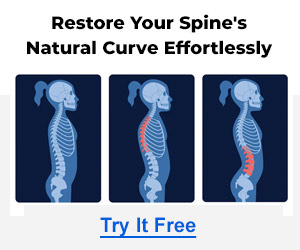




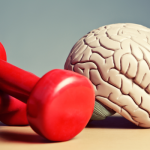












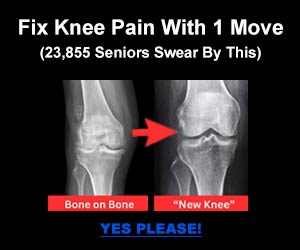















































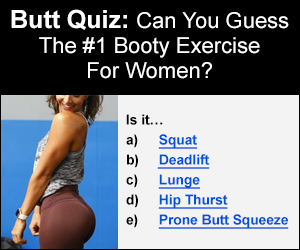


Mike — my son is going to be 15 in May. He is a high school hockey player who is loaded with skill but he is having a hard time competing because he is not heavy enough. This year he was playing against sophmores, juniors and seniors most of whom were alot bigger than him. Body height is not much of a factor, but his lack of weight allows guys 20-50 lbs. heavier than him to knock him off of the puck very easily. I need to get him to gain 15-20 lbs by September. Can this be accomplished without making him slow? He needs to maintain or hopefully increase his speeed. Any help would be appreciated. Thanks.
Right on, he needs to build muscle but stay athletic. Actually I think Lean Hybrid Muscle RELOADED would be a good program for him. http://www.hybridleanmuscle.com
As an athlete he can skip the primer phase and to focus more on muscle building you might want to repeat phase 1 a few times. Make sure he is getting at least 1 gram of lean protein per pound of bodyweight as well.
It was really hard for me to gain weight at that age, he will need to eat a lot! Hope this helps. Mike
Very good blog post. I definitely love this site. Keep writing!
Thanks for the kind words!!
Great post. I am dealing with some of these issues as well..